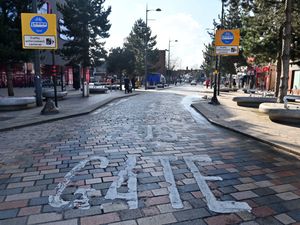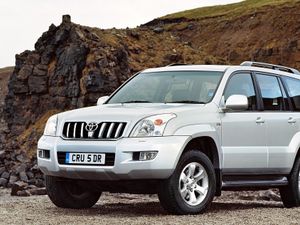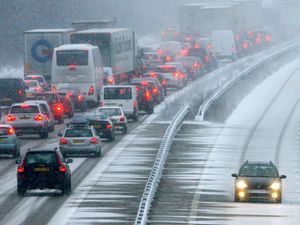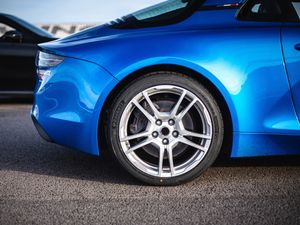What do I need to know about driving abroad in 2024?
Heading to a different country is very exciting, but it brings some new areas to be mindful of when behind the wheel.
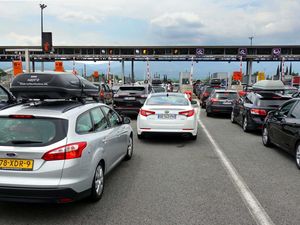
The approaching summertime means that many drivers will be considering driving abroad as a way of taking a holiday. Thousands of Brits cross the channel each year in search of new locations and experiences, with many people seeing driving as a great way of keeping a trip as flexible as possible.
But driving abroad does differ in some key areas to motoring here in the UK, which is why there are some things to remember before you buckle up and head out. We’ve got some of the key things to bear in mind.
Make your checks beforehand

>
Even before your car turns a wheel, we’d be making some pre-flight checks to ensure that your whole vehicle is in good working order. Tyre pressures need to be checked and increased if they’re low – according to manufacturer guidelines – while fluids such as oil, coolant and windscreen wash all need to be topped up before you head off.
If you’re going on a particularly long drive, then you might want to have your car serviced and inspected by a trained professional prior to your departure – it could flag up an issue which could cause a real headache during your trip.
Get your key equipment packed

>
There are some items that you’ll be required to carry in your car once you reach mainland Europe. You should also make sure that you’ve attached a ‘UK’ sticker to the rear of the car – these can be purchased in a variety of areas – and while in some countries a ‘UK’ badge on your number plate will suffice, countries like Spain always require a sticker too.
Other European countries are stricter when it comes to essential kit to carry with you. The following is required:
Companies such as the AA and RAC will sell you a European driving kit bundle containing all of the above.
Ensure you have documents to hand

>
You’ll need to make sure that you have some key documentation with you when you’re travelling abroad. First and foremost you’ll need your passport, while whoever is behind the wheel will need their full and valid driving licence as well.
There are documents for your vehicle that you’ll need too. Have your car’s V5C registration document – which should be in your name – in the vehicle, while if your car is leased then you’ll need a document showing who the car belongs to and your entitlement to drive it. A hard copy of your insurance documents is required, too.
Though breakdown cover isn’t mandatory, we’d always advise having some coverage in place before you embark on a drive abroad. Just make sure that any policy you take out covers European breakdowns, naturally.
Speed limits
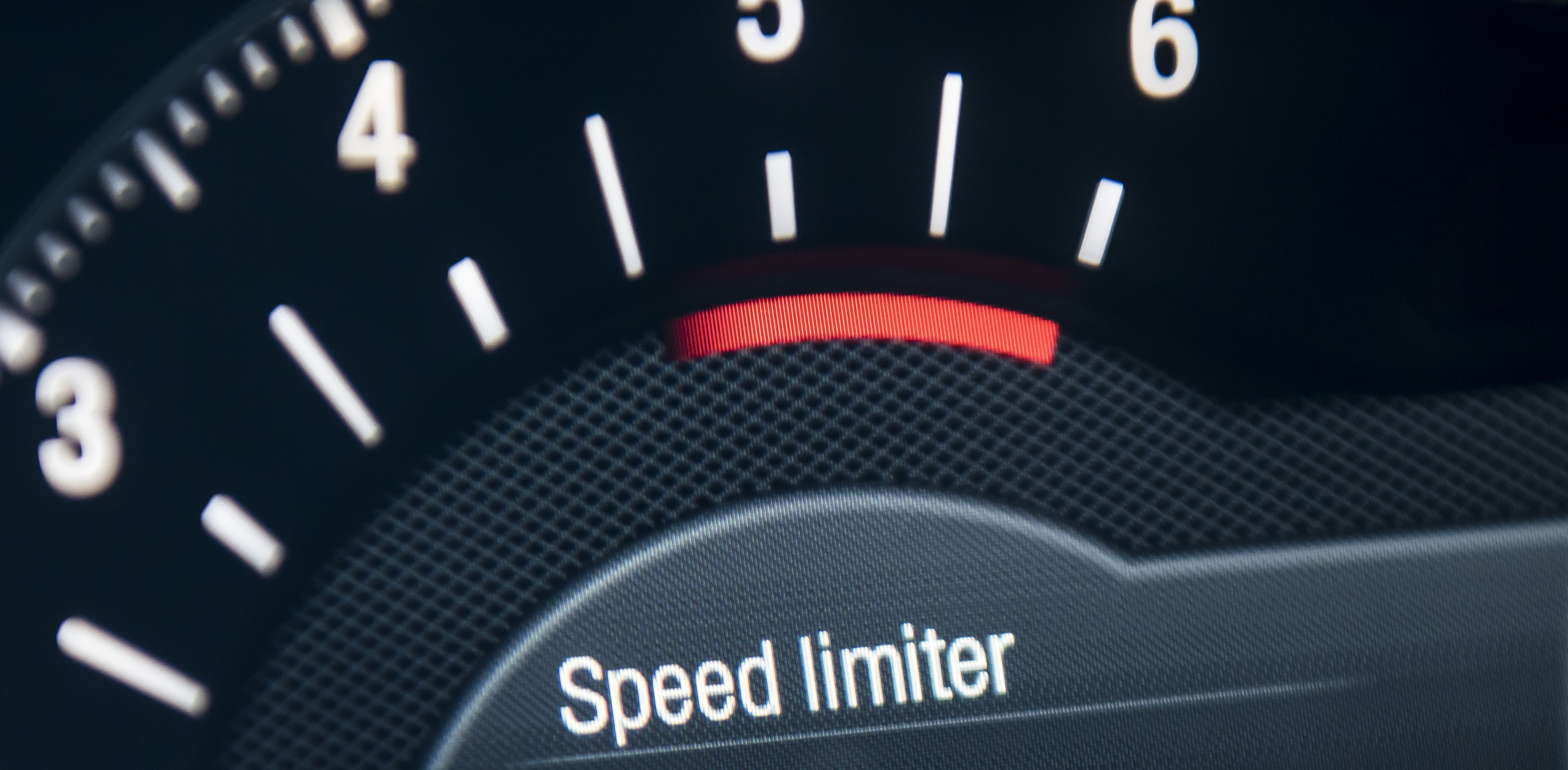
>
The UK’s speed limits are well known to its residents, but limits do change from country to country in Europe. It’s commonplace for a country’s speed limits to be shown when crossing a border, but you should always double-check. A 130km/h (81mph) speed limit is quite commonplace across Europe, but we’d always make sure before reaching that speed.
A number of countries, such as France, also have variable speed limits which change in periods of poor weather. So during rain, the speed limit will fall from 130km/h to 110km/h (68mph).
Remember stricter alcohol limits
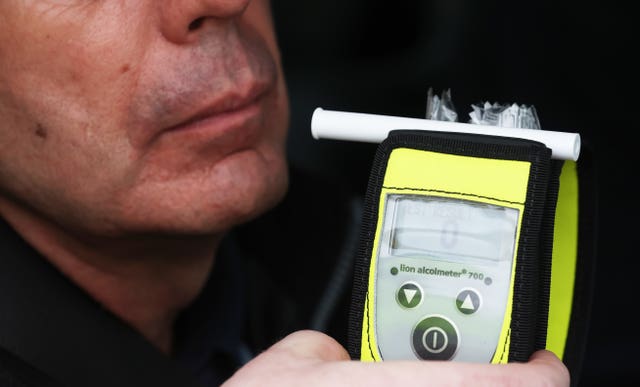
>
The UK – excluding Scotland – has some of the highest blood-alcohol level limits in the world. However, this isn’t a trend which is followed by many other countries, which is why it’s worth remembering these stricter limits when you’re driving abroad.
Countries such as the Czech Republic and Hungary both have zero-tolerance approaches to blood alcohol levels, so bear this in mind when driving here.
Remember Clean Air Zones
It isn’t just parts of the UK which have adopted Clean Air Zones – or CAZs – as there are plenty across Europe, too. Used to tackle pollution, these zones are enforced based on a car’s age and its emissions.
You should therefore check whether or not the car you’re driving can enter such areas before you travel. In many French cities, you’ll need to get a ‘Crit’Air’ sticker for your car in order to enter a low emissions zone, or you could end up with a fine. There’s a similar setup used in Germany, too.

